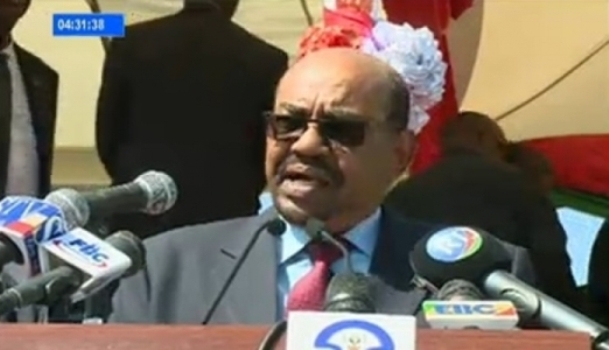Sudan’s al-Bashir orders release of political detainees

April 10, 2018 (KHARTOUM) – The Sudanese President Omer al-Bashir on Tuesday issued a decree to release all political prisoners in response to a call by the political parties of the National Consensus Government (NCG).
The security forces arrested opposition leaders and dozens of political activists after a series of protests against the austerity measures including the increase of bread price announced at the beginning of January 2018.
The NCG’s political parties on Monday called on al-Bashir to release all political detainees in order to create a suitable atmosphere for the formation of the Supreme Constitutional Committee tasked with the drafting of the permanent constitution.
The presidential decree pointed out that the release of political prisoners aims to enhance the spirit of the national consensus and harmony brought about by the national dialogue.
“The decision also aims to create a conducive climate to enable all political forces to take part in the discussions over the national issues and the making of the permanent constitution,” further said the decree.
Meanwhile, the state minister at the presidency and director general of the president’s offices Hatim Hassan Bakhit said the decree was immediately implemented by the concerned bodies.
Earlier this month, the ruling National Congress Party (NCP) said arrangements are underway to hold discussions with all political forces over the permanent constitution.
In October 2016, the political forces participating in the government-led national dialogue concluded the process by signing the National Document which includes the general features of a future constitution to be finalised by transitional institutions.
The NCG was installed in May 2017 to implement the outcome of the dialogue conference.
The opposition groups boycotted the national dialogue because the government didn’t agree to a humanitarian truce with the armed groups and due to its refusal to implement a number of confidence-building measures aiming to create a conducive environment in the country before to hold the inclusive dialogue.
(ST)
